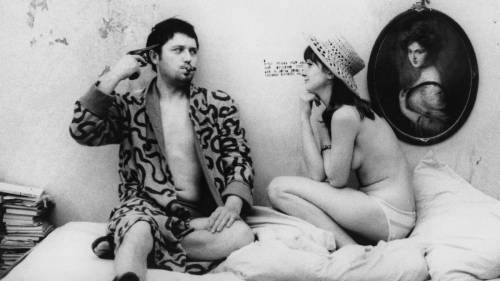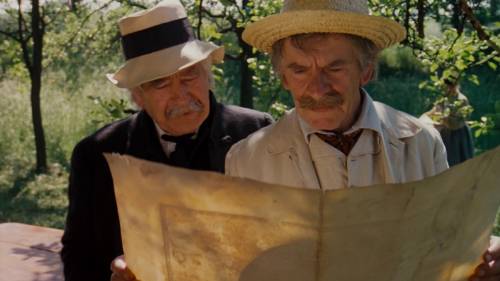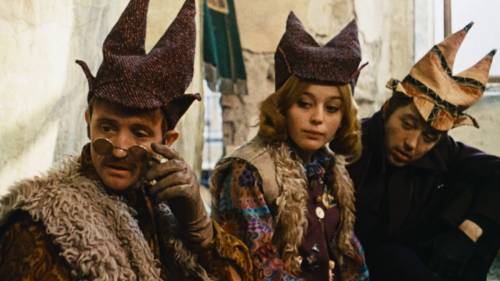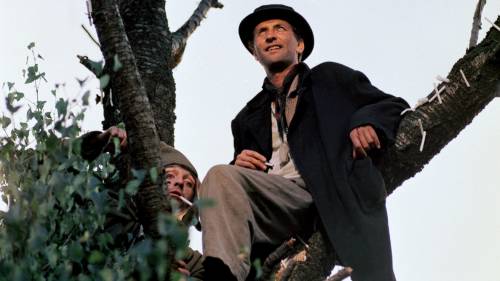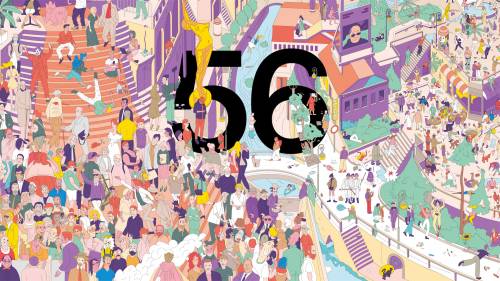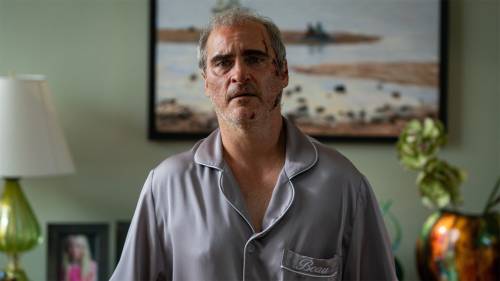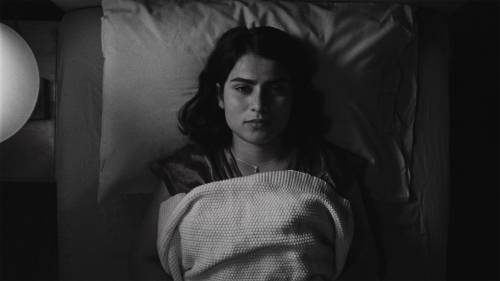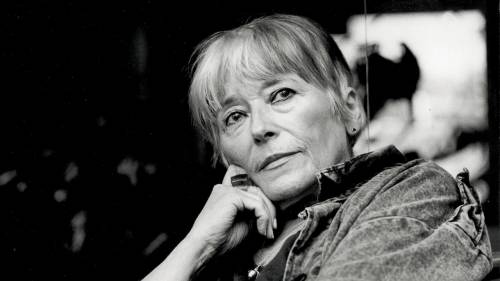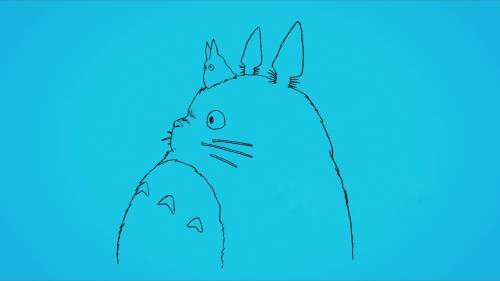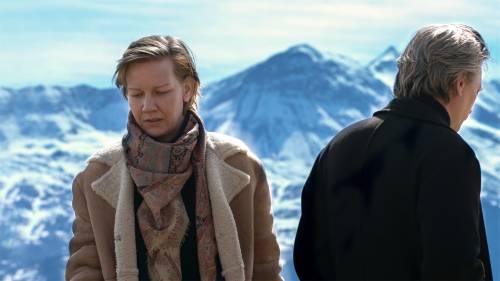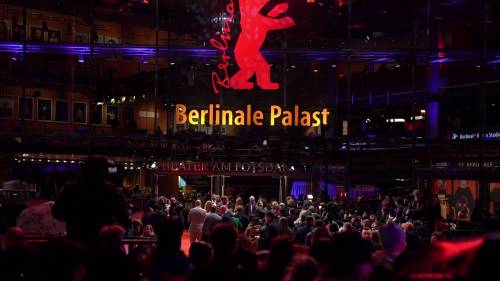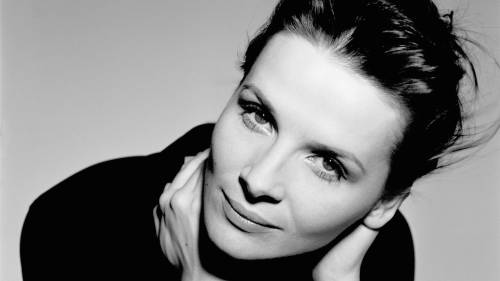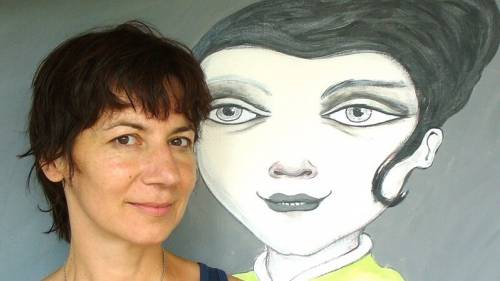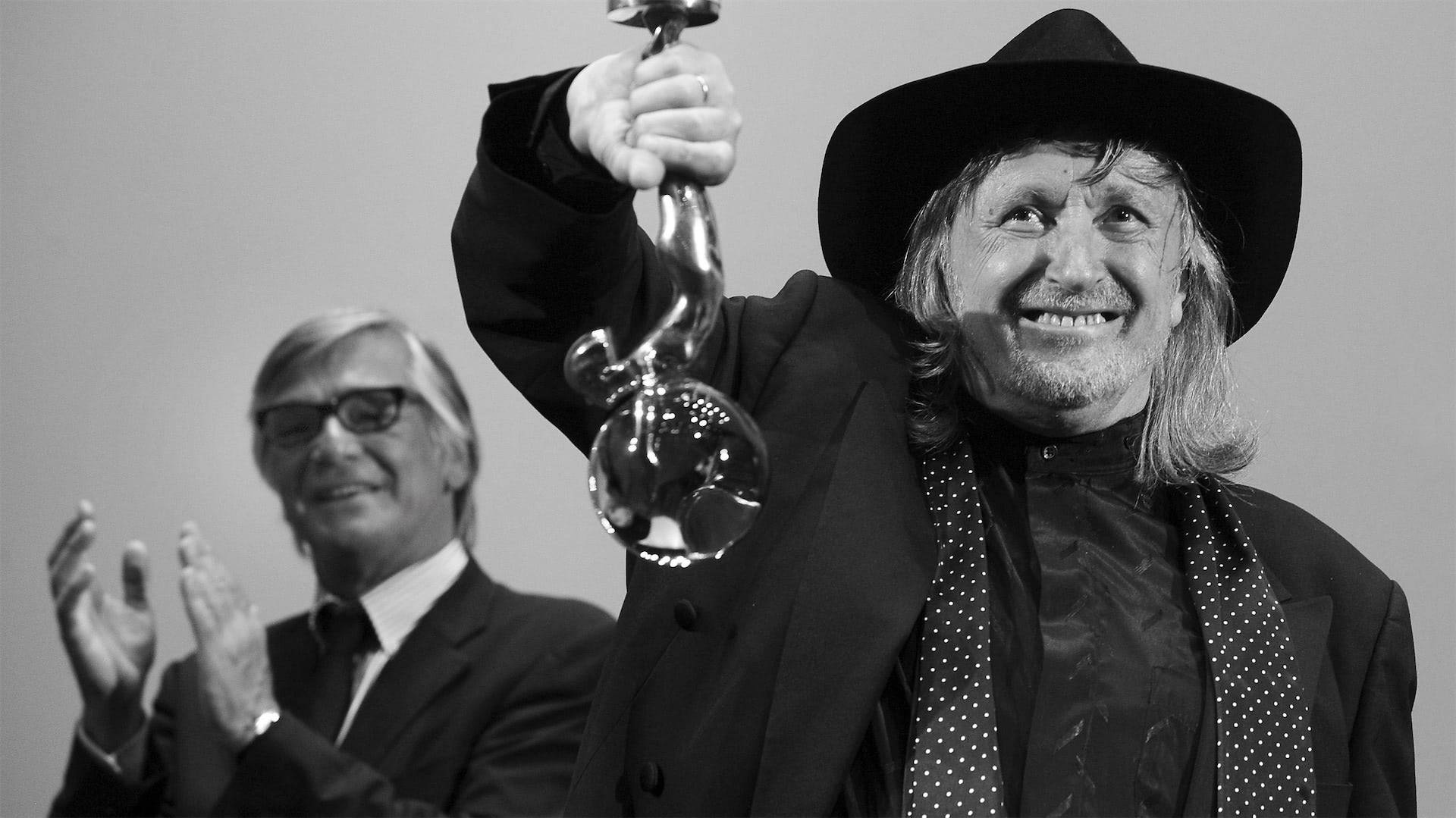
Juraj Jakubisko
A glimpse into the extraordinary film world of Juraj Jakubisko, where imagination knows no limits and storytelling goes beyond the boundaries of the obvious.
Juraj Jakubisko, one of Slovakia's most important and original directors, has fascinated audiences for more than five decades with his innovative storytelling techniques and visually stunning cinematography. Born in 1938, Jakubisko was drawn to art from a young age, especially painting and photography, which laid the foundation for his distinctive cinematic style full of rich colours and surreal images. After short films, he made his feature debut in 1967 with The Prime of Life, followed by the acclaimed works The Runaways and the Pilgrims and Little Birds, Orphans and Fools, in which he presented himself as an experimental filmmaker unafraid of social commentary. Following the Normalization screenings, Jakubisko was forced to take a career break of several years in the early 1970s to work for Krátký film studios, but he was not banned from making films even after the „vault“ film Postav dom, zasaď strom. It was followed by Sitting on a Branch and I'm Fine and the fairy tale films Perinbaba and Freaky Max and the Haunted. After 1989, he shot mostly in his own production company J & J Jakubisko, which produced a number of films (An ambiguous report about the end of the world, Post Coitum, Bathory, Perinbaba and Two Worlds). In addition to feature films, Jakubisko has also worked in television and documentary filmmaking and has explored a wide range of subjects throughout his career, from history and mythology to love and spirituality. Folklore was also a great source of inspiration for him. His epic historical dramas such as The Millennial Bee and An ambiguous report about the end of the world continue to captivate with their breadth and immensely rich visuals. Juraj Jakubisko died on 24 February 2023 in Prague.
Read more